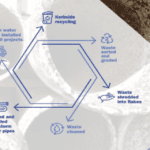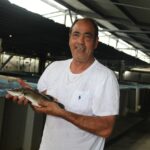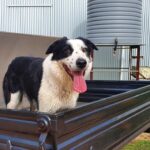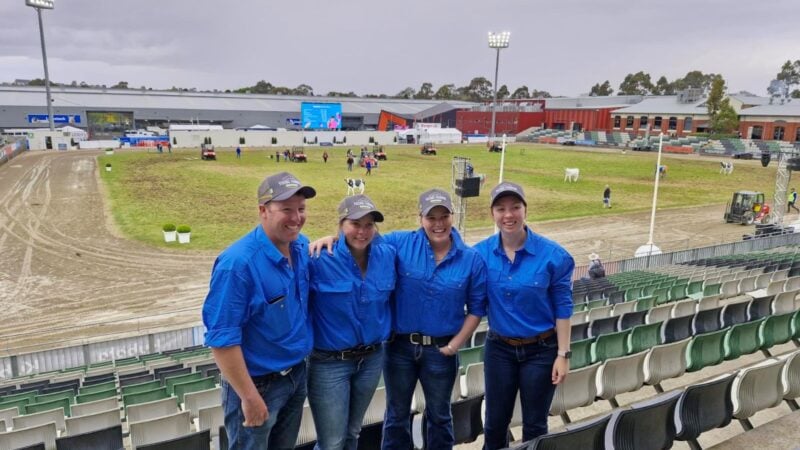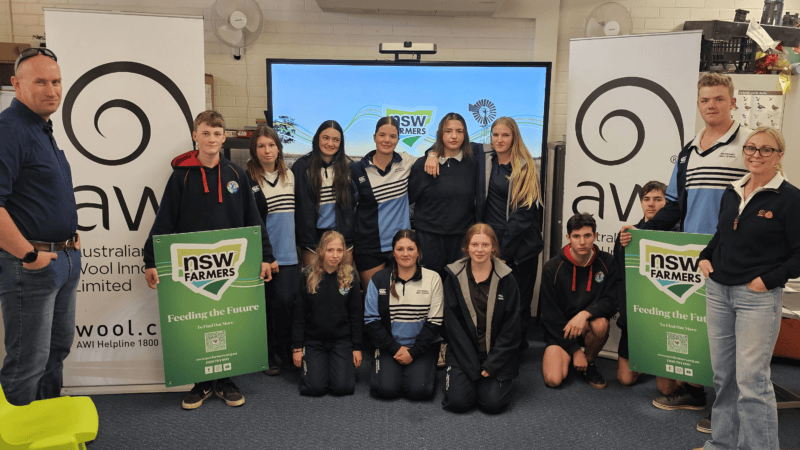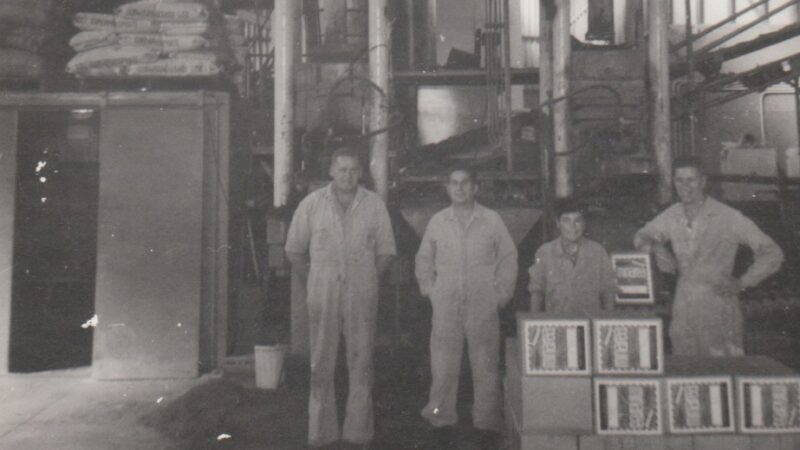The renewable energy hub project by Innovating Energy is possible due to grant assistance under…
Cancer support in the country
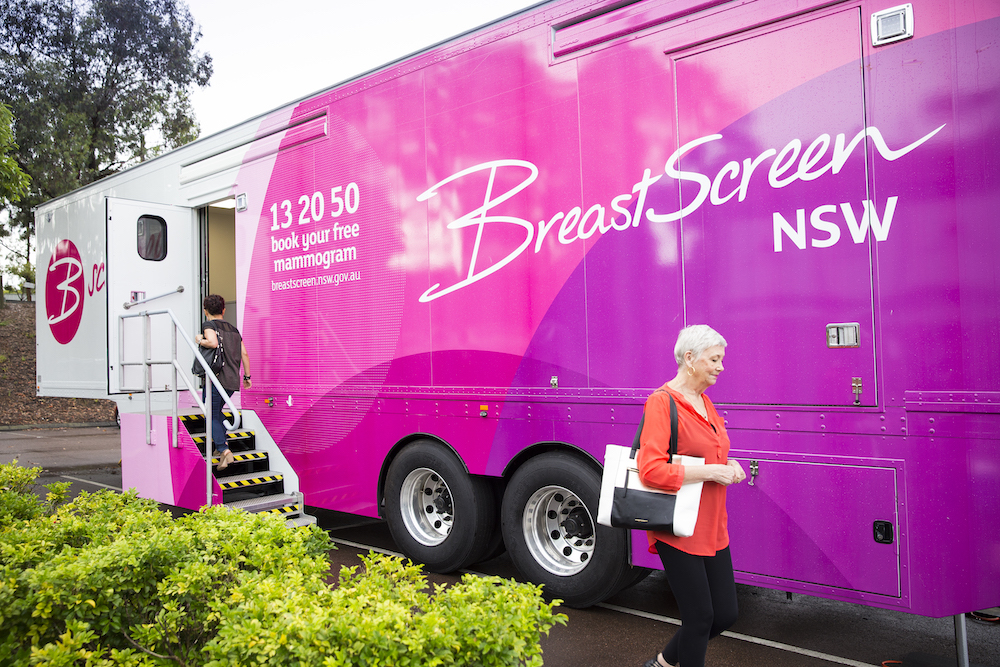
One might think that this scary statistic is due to less help being available to country residents, but that�s not the case. It�s mostly due to a patient�s failure to seek medical help when symptoms�arise, even when cancer support is readily available.
And the situation is worse where men are concerned. Many men put off seeing a doctor because they don�t want to be away from the farm, they�re too busy to spend time having multiple tests, or they hope that if symptoms are ignored they�ll just go away eventually.
Dr Florian Honeyball is an oncologist based in Dubbo who loves the bush and the people who live there.
This is a good thing because he spends much of his time driving around New South Wales, from Cobar to Coonabarabran, Mudgee to Walgett and back again, holding clinics to diagnose and treat cancer patients. His patch is roughly the size of Germany.
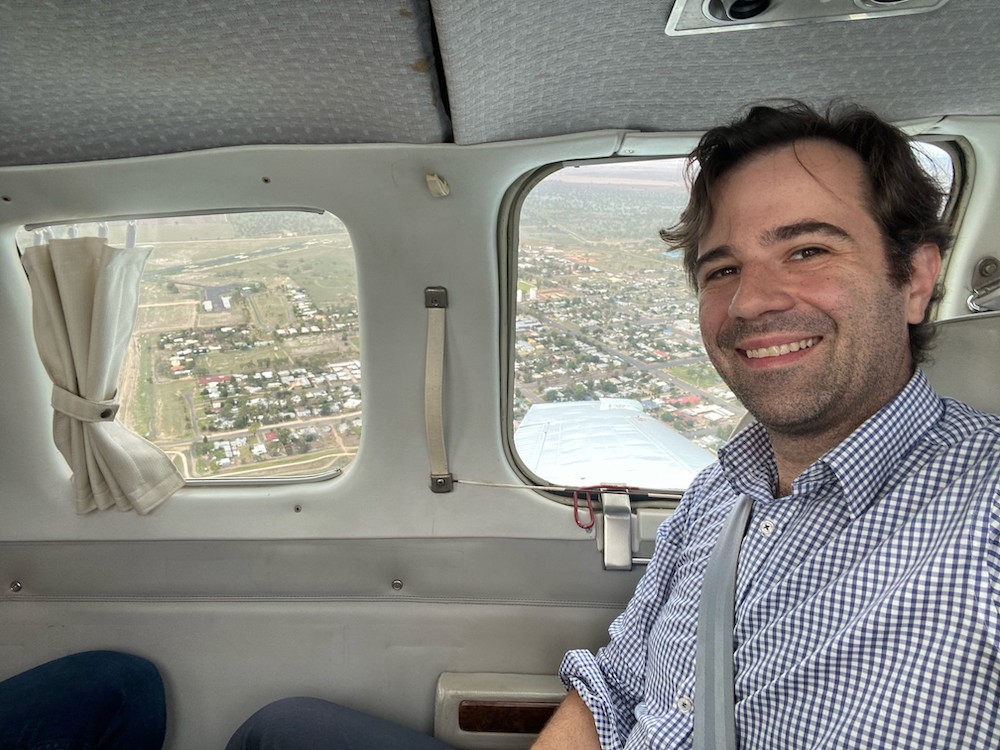
�You need to get yourself into town and get checked if things are not right. It could be absolutely nothing but please, go and get checked.�
Dr Florian Honeyball’s advice for anyone experiencing potential cancer symptoms.
He and his team have been providing support for cancer patients throughout the region, linking in with other oncology units in other parts of the State.
They also work closely with a range of other screening and education services provided by the NSW Government and the Cancer Institute of NSW.
Over the years one of the major limitations for cancer support and indeed any kind of emergency or specialised medical support has been sheer distance.�
Nevertheless, continuing work to deliver those services in a regular and timely way to country people has been the agenda of successive State and Federal Governments.
Breast screening is now more readily available and country women have much greater access through regional hospitals and the mobile screening services.
A program jointly funded by the Federal and NSW governments, BreastScreen NSW, provides free two-yearly breast screening to the most vulnerable group � women aged from 50 to 74. But the service is also available to women from 40 to 49, and those 75 and over if they want it.
Locations of mobile breast screening facilities are available online at BreastScreen NSW, allowing women to check when the service will be in their town or nearby, and to book a check-up.

This vital service combined with regular check-ups with the local GP provides early detection and rapid response treatment that, as Florian and his many associates would say, can make all the difference between life and death.
Increase of survival rates
Chief Executive Officer of the Cancer Institute NSW, Professor David Currow, says that greatly increased screening rates for breast, bowel and cervical cancers has meant survival rates have also increased.
He points out that there are 16 mobile breast cancer screening vans moving between 200 centres in NSW, bolstered by another 40 fixed sites throughout the State. Combined with increasingly sophisticated communication services this means results from screenings can be received very rapidly.
David also says that education is a large part of the solution. A great deal of work continues to be done�
in rural and remote areas and with indigenous communities to highlight the importance of early identification of symptoms and to educate people on preventative action.
Services for people living in rural NSW are improving daily. The proliferation of radiation oncology centres means most people are now within 100 kilometres of a service. Hematology and surgical services are also more readily available, dramatically reducing the need to leave country areas and head to the city for cancer treatment.
However, he agrees that for rare cancers such travel is often unavoidable, restating the importance of education around preventative lifestyle changes such as giving up smoking, reducing alcohol intake, a balanced diet and increased physical activity combined with regular checks and early diagnosis wherever possible.
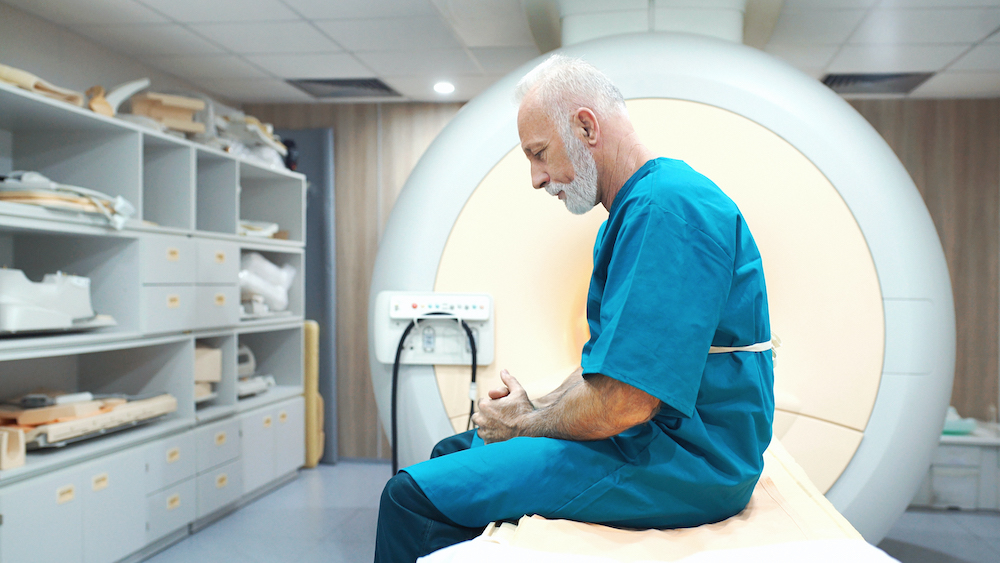
Get tested regularly
The National Bowel Cancer Screening Program is a free service where a test kit is sent out to all eligible Australians between the ages of 50 to 74, once a year. The test is quick and easy to do at home and is very accurate. Research consistently shows that nine out of 10 bowel cancer cases can be treated successfully with early detection, significantly reducing the number deaths from bowel cancer in�Australia.
The same can also be said for other cancers such as prostate. In the past, the invasive nature of the test put many man off the idea. These days however, it is merely recommended that men between the ages of 50 to 69 have a PSA blood test every two years. For men whose risk of prostate cancer is higher than average, such as having an already diagnosed family member, it is suggested that the testing start earlier.
And as most work in the rural sector is outdoors, it�s no surprise that the incidence of skin cancer or melanoma is quite high in the bush. Melanoma is one of the 10 most common cancers in both men and women in Australia and we have the unhappy distinction of recording some of the highest numbers of melanoma in the world. But melanoma is also one of the most easily treated cancers. Like all the other cancers, early detection and treatment is vital and substantially increases survival rates.
Florian says that many local community groups such as Lions Clubs assist in promoting the services and encourage people to be tested. But progress can be uneven depending on where you live.
�While there are a lot of good things happening, we can do better,� he says. �The fact is that if you�re diagnosed with cancer in a rural or remote area your chances of survival are less than those in urban areas. In Dubbo, your chances of survival are three per cent less while in Bourke, you�d be 13 per cent less likely to survive.�
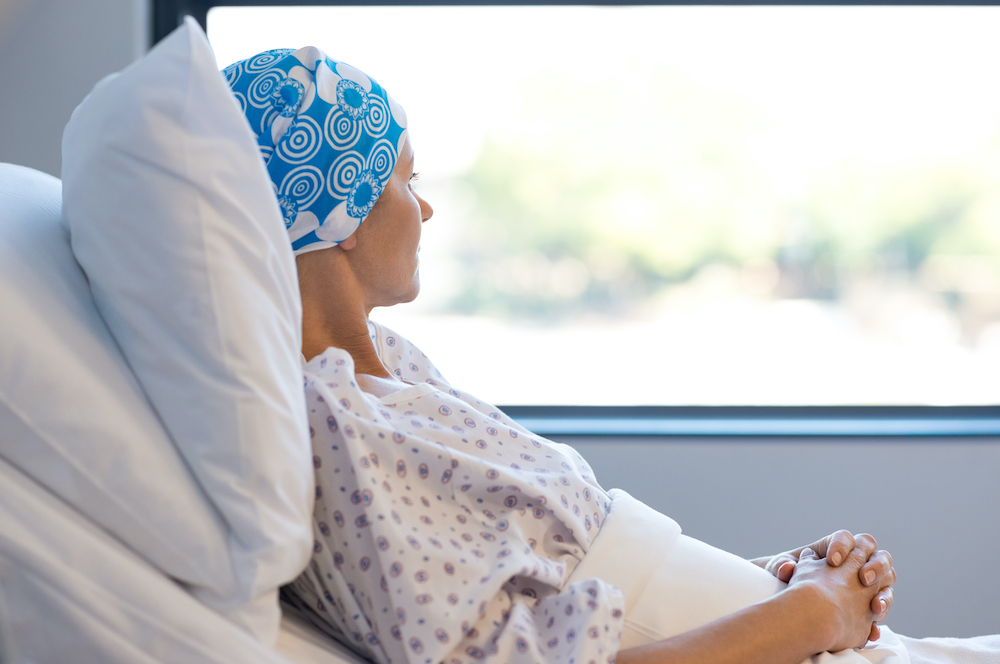
This is largely due to late diagnosis of the disease. The earlier the detection, the greater the survival rate.
Florian agrees that many people put off seeing a doctor about possible symptoms purely because they are too busy with farm work or they can�t spare the time to drive long distances to access medical services. He also points out that continuing advances in cancer treatment means that survival rates are improving constantly. And that�s where early detection is essential.
�If you get cancer it doesn�t mean that you are going to die. More than 67 per cent of diagnosed patients get cured if you find out about it early enough. We are closing the gap. Even in my time, I remember 20 year-olds dying of melanoma. Now most are being cured.�
Oncologist Dr Florian Honeyball
Currently there�s great deal of work being done to train up more nurses in oncology support so that chemotherapy can be delivered closer to home in rural and regional areas.
Previous studies have shown that farming families tended to decline radiation therapy for early breast cancer treatment because it required six weeks away from home. But with continuing higher levels of local services and support, this barrier to receiving care is being alleviated.
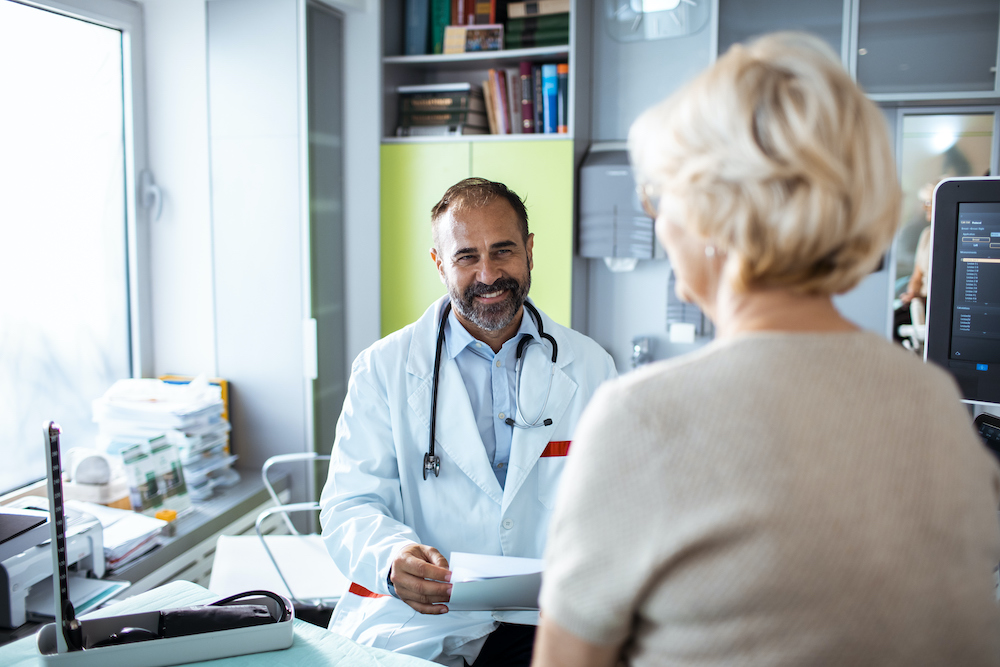
Where to get help
Cancer Council
The 13 11 20 Hotline provides a free, confidential information and support service providing help for cancer patients, people living with cancer, their families, carers and friends, teachers, students and healthcare professionals. Visit cancer.org.au/support-and-services/support-groups
Cancer Australia
Here you will find a full list of government-provided screening services as well as information on community based services. Visit canceraustralia.gov.au/affected-cancer/cancer-support-organisations
Cancer Institute NSW
At cancer.nsw.gov.au there is a lot of helpful information providing updates on services.
Can Assist
Can Assist offers help to anyone living in NSW, access to cancer treatment and care. The organisation provides accommodation, financial assistance and practical support to people from rural and regional areas. Visit canassist or call 1300 226 277�
IPTAAS is the Isolated Patients Travel and Accommodation Assistance Scheme
A NSW Government program offering financial assistance towards travel and accommodation costs when a patient needs to travel long distances for treatment that is not available locally. Hotline: 1800 IPTAAS (1800 478 227)
Solbari detects & prevents skin cancer
Prevention and detection are key to limiting the risk of skin cancer and other skin issues, and both are all the more important in a rural setting.�
Solbari specialises in both the prevention of skin cancer through sun protective UPF50+ clothing and skincare, as well as detection through a mobile skin check app.�
The company’s unique UPF50+ clothing and skincare range help to protect skin from the sun’s harsh UVA & UVB rays. Most people are shocked to learn that a standard shirt or hat may have a UPF rating as low as 5 � the equivalent to wearing SPF5+ sunscreen.�
With Solbari�s Skin Check app (powered by SkinVision), farmers and rural workers can now stay on top of their skin health and detect skin cancer risks early. Users are granted 12-month unlimited access to check moles and suspicious skin spots. By simply taking a photo on their smartphone or device, users can receive a low to urgent risk recommendation on skin lesions with 95 per cent accuracy. The lesions are automatically checked by qualified dermatologists through the app, providing advice on what to do next.�
Solbari is dedicated to saving farmers lives, and it is proud to announce that since the product’s inception, the app has identified more than 10,000 skin cancer cases in Australia and New Zealand.
If you enjoyed this feature on cancer support, you might want to read our feature on how good food for kids creates a positive mindset.


